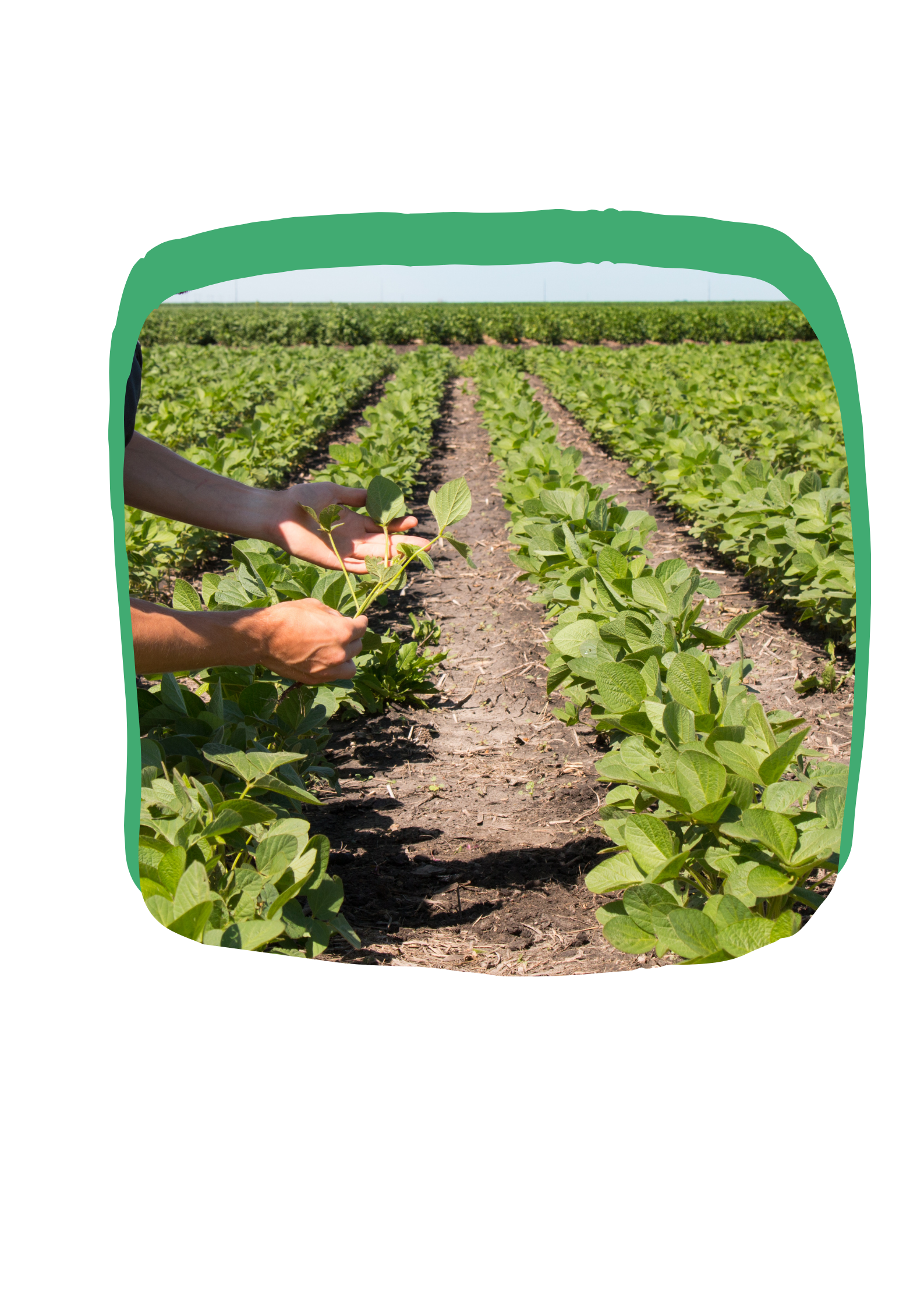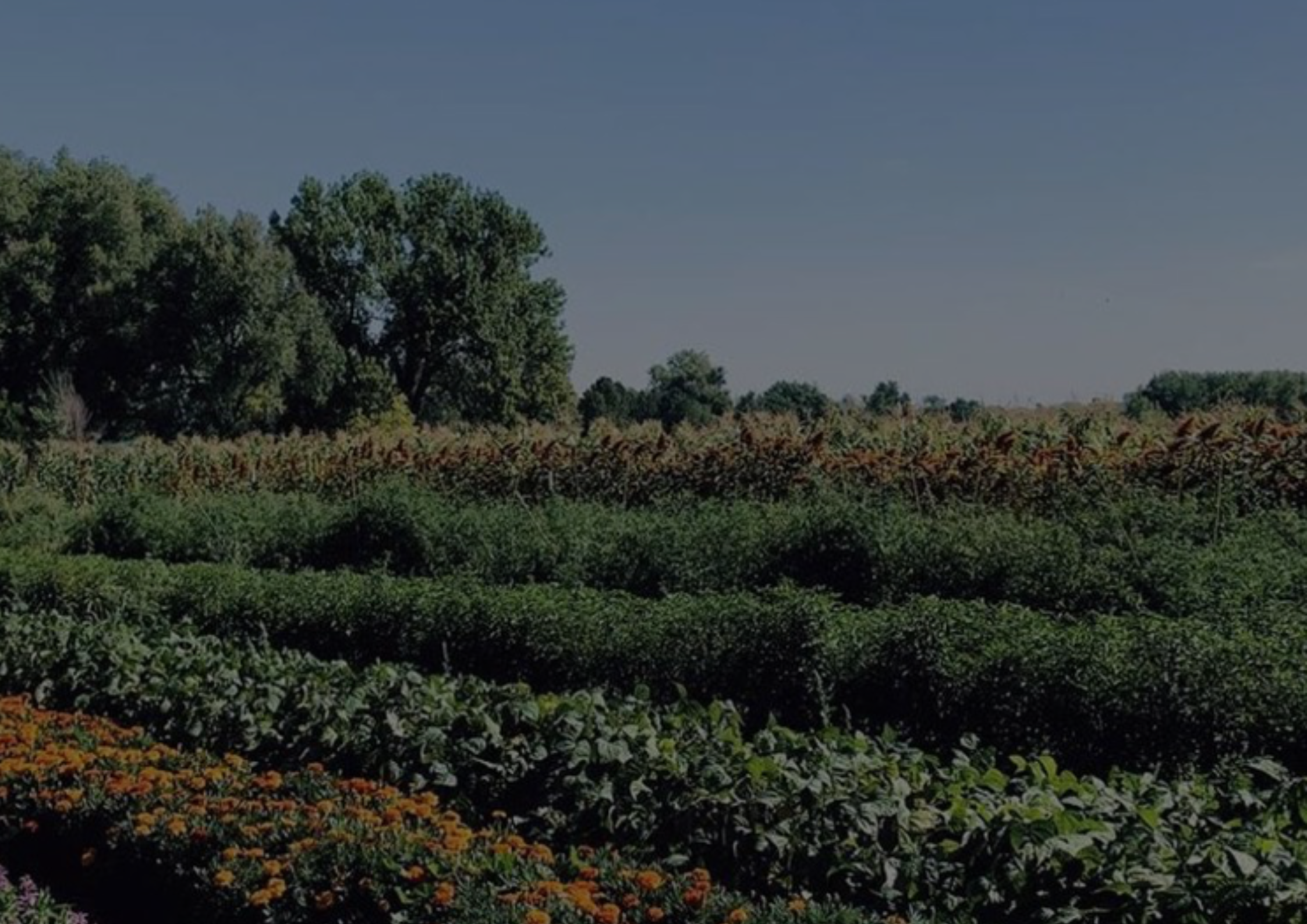The global food system accounts for roughly one-third of greenhouse gas emissions, yet it also holds untapped potential for positive climate impact. Across the globe, organisations are harnessing the power of food to drive climate action—transforming how we produce, consume, and think about what’s on our plates.
Here are four inspiring organisations that are leading the way:

Zero FoodPrint
Zero Foodprint is an organisation restoring the climate, one acre at a time!
Zero Foodprint makes it easy and accessible for farms to prioritise climate-smart practices by awarding grants that build healthy soil and draw down carbon. Their process is easy and transparent for farmers, but rigorous enough for government collaboration.
To see how these principles are being put into action across Asia, explore Chefs’ Manifesto’s articles – Zero Foodprint Asia and Zero Foodprint’s Restore Grant. From catalysing regenerative rice farming through the power of dining out, to funding biodiversity-protecting practices via their Restore Grant, Zero Foodprint Asia is demonstrating how restaurants and consumers can directly support climate-smart agriculture.


Project Drawdown – Promoting Climate-Smart Food Solutions
Project Drawdown is a leader in mapping out climate solutions, and food is a key pillar in their strategy. Their research identifies high-impact interventions—like reducing food waste, shifting to plant-rich diets, and improving agricultural practices—as some of the most effective ways to reduce global emissions. Through educational resources, global partnerships, and tools for policymakers, Project Drawdown is reframing food and science as a powerful climate solution.
The most important climate solution is you! Here are 5 ways you can get involved: https://drawdown.org/get-involved


Slow Food – Championing Biodiversity and Local Food Systems
Slow Food is a global grassroots movement advocating for good, clean, and fair food. With a strong emphasis on biodiversity, indigenous knowledge, and local economies, Slow Food sees sustainable food systems as critical to climate resilience. Their “Slow Food Gardens in Africa” and “Ark of Taste” initiatives preserve food traditions and promote climate-adapted crops.
Slow Food Gardens in Africa is a vibrant network dedicated to strengthening local economies, preserving cultural identities, and safeguarding the environment and agrobiodiversity.
Whether you’re a home cook, farmer, activist, or simply someone who cares about what’s on your plate, there’s a place for you in the Slow Food community. Get involved today and help shape a more sustainable and just food system—from your kitchen to your community.


Regeneration International – Building a Global Regenerative Agriculture Movement
Regeneration International connects farmers, consumers, and organisations to scale up regenerative agriculture worldwide. Their mission is to reverse climate change by promoting practices that restore degraded soils, enhance biodiversity, and sequester carbon. They educate consumers, farmers, policymakers, media and the general public on the benefits of regenerative agriculture and land management.
Whether you’re looking to learn, collaborate, or take action in your own community, their Resources Hub is the perfect place to start. Dive into practical guides, global initiatives, and inspiring stories that will help you make a tangible impact.


You don’t need to be a policymaker or farmer to drive change—our collective everyday choices can have a big impact. Here’s how you can be part of the climate solution through food:
Shift Toward a Plant-Rich Diet
Reducing meat and dairy, even just a few days a week, can significantly cut your carbon footprint. Explore local plant-based recipes or join initiatives like Meatless Mondays.
Support Regenerative and Local Farms
Look for farmers markets, CSAs (Community Supported Agriculture), and shops that prioritise regenerative, organic, or climate-smart practices. Your money helps shape the future of food.
Reduce Food Waste
Plan meals, get creative with leftovers, and store food properly to avoid waste. Composting at home is another powerful way to return nutrients to the earth and cut methane emissions.
Advocate and Educate
Talk about food and climate with your friends, family, and community. Share resources, support campaigns, and vote for policies that prioritise food security and nutrition.












